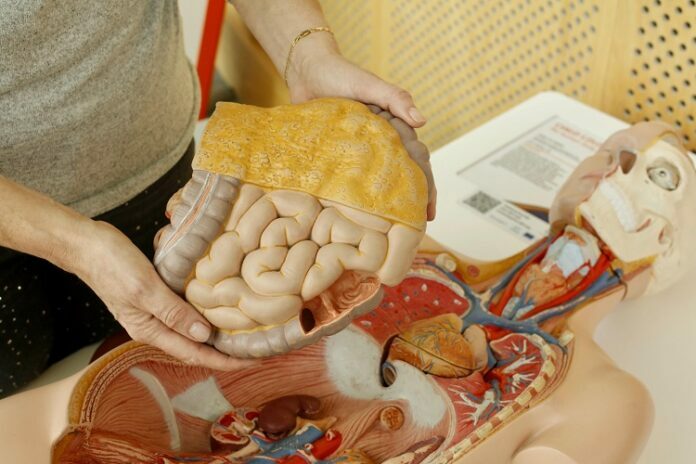Colonoscopy is a diagnostic and potentially therapeutic procedure that is performed to detect abnormalities or changes in the rectum and colon. During the procedure, a long and flexible tube called a colonoscope is carefully inserted through the anus to visualise the inner lining of the rectum and the colon.
To ensure the patient’s comfort, the procedure is done under sedation. While the procedure is not new or uncommon, many people still do not know much about it. For instance, they do not know what the procedure is for (i.e. indication) or what the colonoscopy cost is. Aside from not knowing the indication and the cost of colonoscopy many do not know what the risks are.
Table of Contents
When is a Colonoscopy Recommended?
A colonoscopy may be recommended if the patient has symptoms and or signs that suggest potential abnormalities in the rectum or colon – this is a diagnostic colonoscopy. The process is also used to screen for colon cancer – this is performed in patients who do not have any symptoms – screening colonoscopy.
What are Some Symptoms of Rectum or Colon Abnormalities?
Some of the common symptoms to watch out for include:
- Abdominal pain
- Black stools
- Abnormal weight loss
- Rectal bleeding
- Changes in bowel habits (i.e., diarrhoea or constipation)
Colonoscopy is also used for polyp or colorectal cancer screening. The procedure is recommended for patients 50 years old and above. Patients with a family history of colorectal cancer should begin cancer screening from 40 years old onwards earlier – we usually recommend 10 years from the age of diagnosis of the affected family member.
The procedure is also done to diagnose inflammatory bowel diseases (IBD) including ulcerative colitis and Crohn’s disease. These conditions are characterised by the inflammation of various parts of the gastrointestinal tract.
What are Some Colonoscopy Risks?
Colonoscopy is a safe test with very few risks. Some of the colonoscopy risks include:
Belly Discomfort (Cramps) or Pain
This is one of the most common side effects of the procedure. After the procedure, parents can sometimes feel bloating or abdominal cramps (colic). This is as the doctors use air to insufflate the colon. They might also use a suction device, water, or certain surgical tools to take off a polyp.
All of the above can stretch and distend the colon so it is possible for patients to feel uncomfortable for a day or two after the procedure. The sedatives used may also make patients feel nauseated. If you experience stomach pain or vomiting, it is recommended that you get in touch with your doctor immediately.
Bleeding
After a colonoscopy, it is possible to find blood in your faeces when there is bowel movement. Often, this occurs when the doctor removes a polyp or a tissue sample. If bleeding is severe or is persistent, get in touch with your doctor right away. Certain medications like traditional chinese medication or blood thinners can also increase the chance of bleeding after the procedure.
Postpolypectomy Electrocoagulation Syndrome
If the doctors need to remove a polyp, they will use an instrument with an electrical current in order to resect the polyp and subsequently seal the defect. In very rare instances, the electric current causes collateral tissue necrosis / “burns.” This results in fever, palpitations, and belly pain. Fortunately, most people will feel better after taking antibiotics. Please inform your doctor should these develop.
Perforation
If the tool used in colonoscopy is pushed too hard against the colon, it might cause a small tear. This small tear will have to be repaired through surgery. This occurs in 1-3 out of 1000 scopes (ie 0.1-0.3%).
Colonoscopy Bowel Preparation Risks
Before the procedure, the colon has to be cleansed and emptied to enable the endoscopist to get an optimal examination of the inner lining of the colon. You will be given a set of instructions i.e., how to bowel preparation or prep. Some of the medications given may cause electrolyte imbalance and dehydration in some patients.
Patients below are at extra risk:
- Pregnant women
- Patients with kidney, heart, or liver problems
Adverse Reaction to Sedation
Some patients will have a reaction (i.e., breathing or heart problems) to the medications used during sedation. Thankfully, your medical team will be monitoring you consistently throughout the procedure and hence are able to identify and treat potential complications in a timely fashion.









